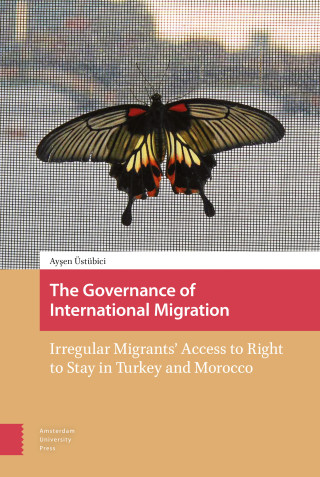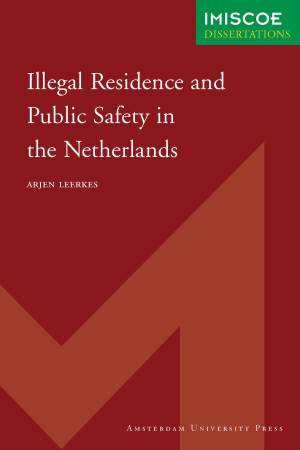Making illegal residence unattractive is a way for Western governments to limit migration from non-Western countries. Focusing on Dutch neighbourhoods with substantial levels of unauthorised migrants, Illegal Residence and Public Safety in the Netherlands examines how restrictive immigration policy influences immigrant crime and perceived neighborhood security. Salient questions arise. To what extent, and under which conditions, do illegal residence and illegal migration impact public safety? Does having illegal residence status influence how people observe or break the law and other social rules? Do their ties with established groups, such as legal migrants, employers and partners, have any sway? Answers to these issues begin surfacing in this rich combination of quantitative information, comprising police figures and surveys on victimisation, and qualitative sources, including interviews at the Dutch Aliens Custody and urban field research.

